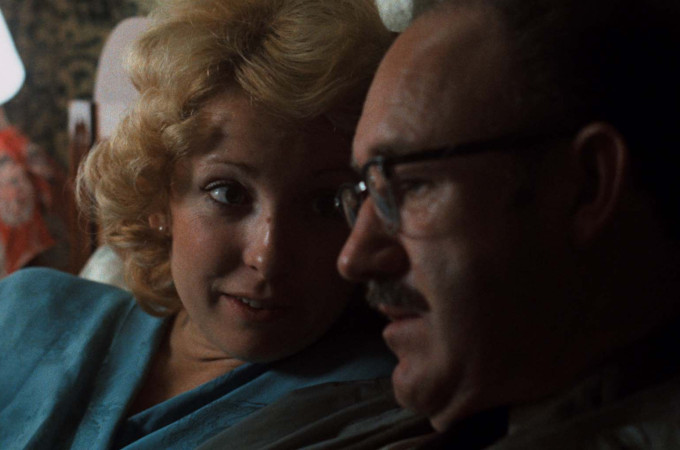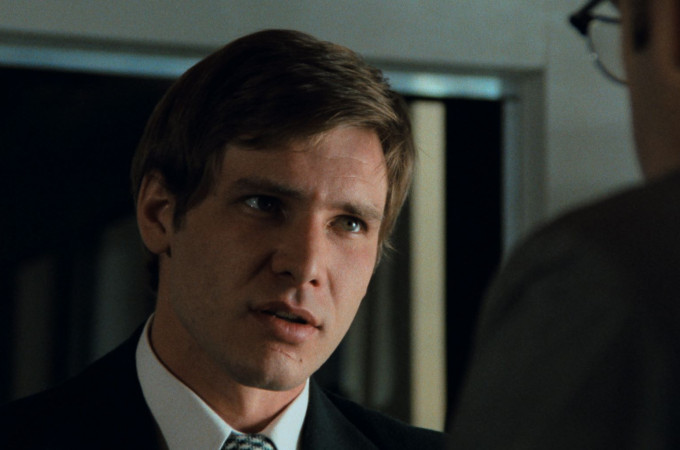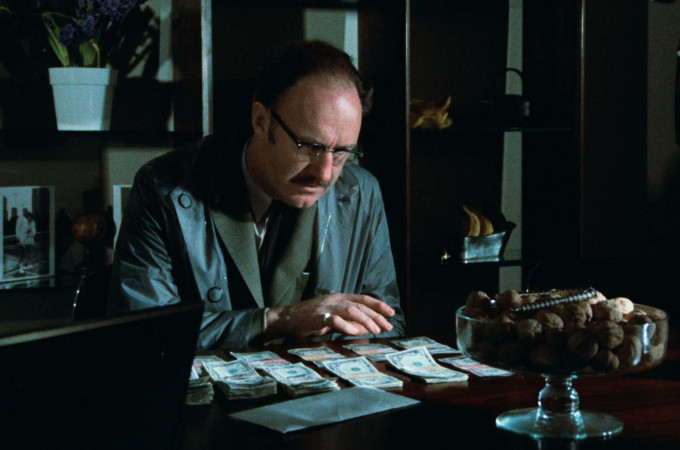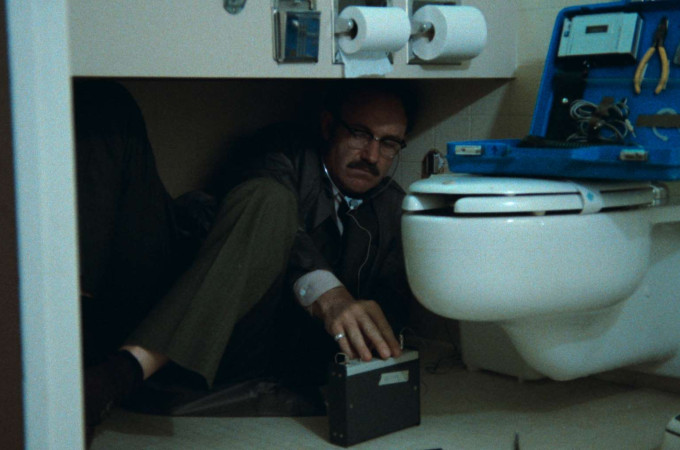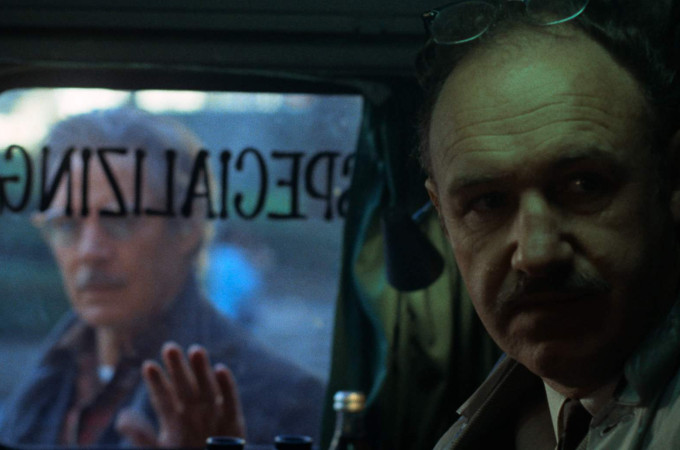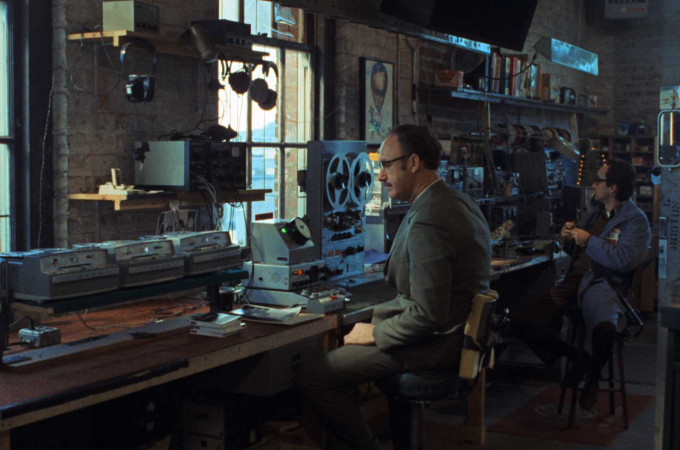Zakup biletów na ten seans możliwy jest poprzez stronę festiwalu Timeless:
Uwaga: nastąpi przekierowanie na stronę https://timelessfilmfestival.pl/
Scenariusz o samotnym specjaliście od podsłuchów Harrym Caulu, który trafia na ślad zbrodni, powstał kilka lat przed wywołaną przez podsłuchy aferą Watergate. Premiera filmu odbyła się kilka miesięcy przed rezygnacją prezydenta Richarda Nixona. Sprzęt, jakiego w filmie używa Caul, zbiegiem okoliczności jest taki sam, jakim posługiwali się ludzie Nixona, szpiegując przeciwników politycznych.
Gene Hackman, gigant amerykańskiego aktorstwa, który odszedł kilka tygodni temu, nie dogadywał się na planie z Coppolą. Aktor oczekiwał instrukcji, a reżyser żądał improwizacji. Z twórczego konfliktu wykwitła postać, którą Roger Ebert, najsłynniejszy krytyk Ameryki, nazwał „jedną z najbardziej poruszających i tragicznych w historii kina”.
Maciej Jarkowiec
What is fact, and what is mere paranoia? Where is the line between truth and deceit? Who is eavesdropping on whom? Coppola’s timeless masterpiece, awarded the Palme d’Or at Cannes, poses questions that resonate today – in the age of fake news, propaganda, and post-truths – as strongly as they did in the mid–1970s. Back then, cinema was one step ahead of reality. The screenplay, focusing on a lone surveillance expert, Harry Caul (Gene Hackman) who finds himself on the trail of a suspected crime, was written a few years before Watergate. The film premiered a few months before Richard Nixon resigned. The surveillance equipment Caul uses in the film, coincidentally, is the same that Nixon’s men used to spy on political opponents.
Hackman, a legend of American cinema who passed away a few weeks ago, and Coppola did not get along on set. The actor expected instructions, while the director demanded improvisation. From this creative conflict blossomed a character that Roger Ebert, America’s most influential film critic, labelled as “one of the most affecting and tragic characters in the movies.”
Maciej Jarkowiec
Francis Ford Coppola (ur. 1939) to amerykański reżyser, scenarzysta i producent, jeden z czołowych twórców Nowego Hollywood. Światową sławę przyniosła mu trylogia Ojciec chrzestny (1972–1990), a Czas apokalipsy (1979) ugruntował jego status wizjonera. Do jego kluczowych filmów należą także Rozmowa (1974), Drakula (1992), Twixt (2011) oraz futurystyczny Megalopolis (2024). Jego twórczość, często poruszająca tematy władzy, rodzinnych więzi i dylematów moralnych, łączy epicki rozmach z introspektywną narracją.
Francis Ford Coppola (born 1939) is an American director, screenwriter, and producer, and one of the leading figures of New Hollywood. He gained worldwide fame with The Godfather trilogy (1972–1990), while Apocalypse Now (1979) solidified his status as a visionary. His key films include The Conversation (1974), Bram Stoker’s Dracula (1992), Twixt (2011), and the futuristic Megalopolis (2024). His work blends epic storytelling with introspective narratives, frequently exploring themes of power, family, and moral dilemmas.
Fantastyczne przypomnienie, dlaczego Hollywood lat 70. jest tak często punktem odniesienia dla współczesnego kina.
– Empire Magazine
A fantastic reminder of why 70s Hollywood is so often the benchmark for modern moviedom to aspire to.
– Empire Magazine
Nagrody:
Międzynarodowy Festiwal Filmowy w Cannes 1974 - Złota Palma
Palme d’Or 1974 (Cannes International Film Festival)
